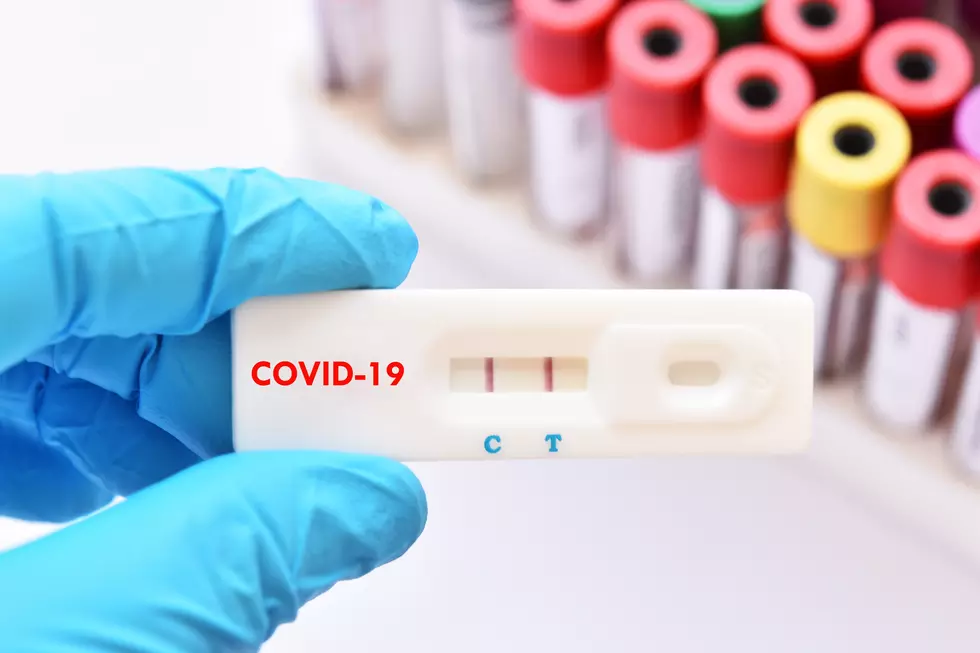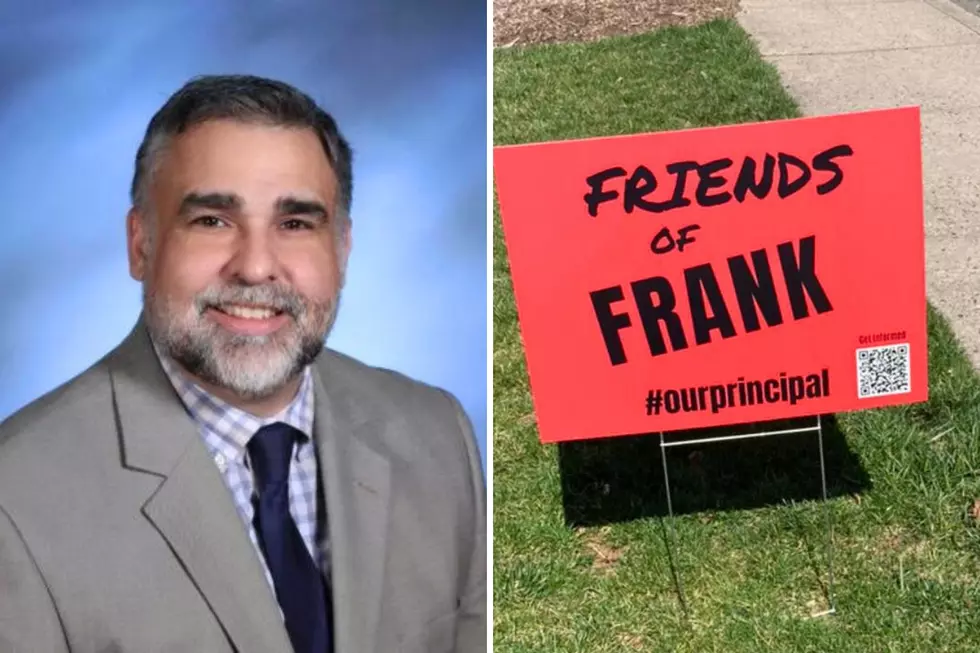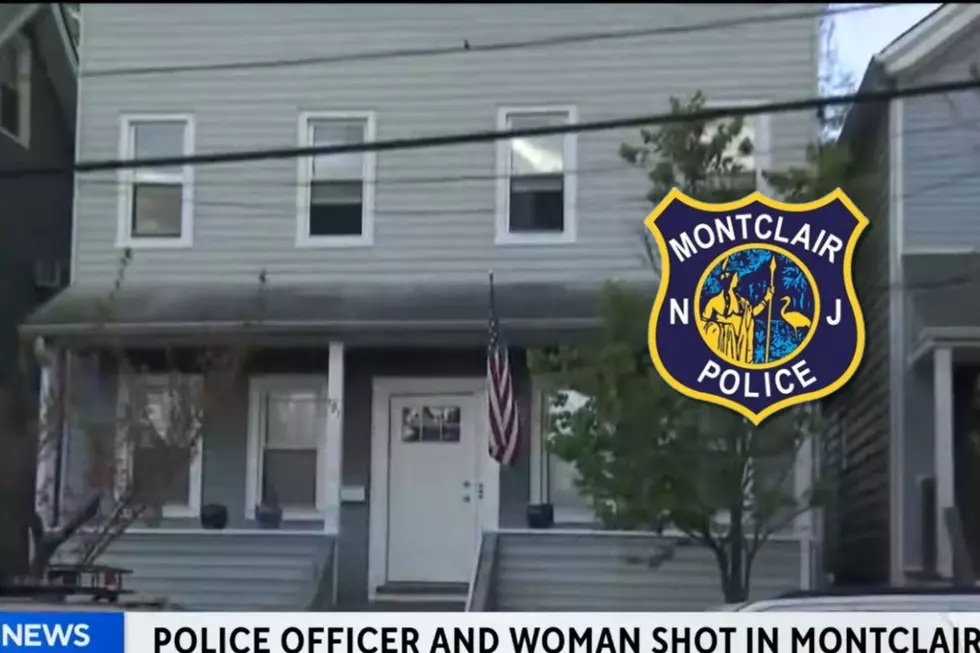
A hope to bring more COVID-19 testing to NJ Black, Latino, vulnerable communities
A Rutgers-led study made possible by a $5 million grant from the National Institutes of Health aims to launch outreach campaigns, and eventually expand COVID-19 testing capacity in New Jersey communities identified as particularly vulnerable to the virus and its spread.
NJ HEROES TOO is the name of the study, standing for the "New Jersey Healthcare Essential WoRker Outreach and Education Study — Testing Overlooked Occupations." The money is being distributed through NJ ACTS, the New Jersey Alliance for Clinical and Translational Science.
Shawna Hudson, a professor in the Department of Family Medicine and Community Health at Rutgers Robert Wood Johnson Medical School, said the eventual beneficiaries will be individuals in Essex, Middlesex, Passaic and Union counties.
"Those are counties that are highly affected by COVID-19, and have large, vulnerable populations in terms of the Black and Latino population," Hudson said. "When we looked at COVID, looked at the rates, and then also looked at the levels of poverty in those settings, those were the settings that were very highly correlated with it."

Hudson said Rutgers specifically wants to make testing more accessible for healthcare workers in these communities and their families, whether in hospitals or more personal surroundings, and to do so by using the school's own proprietary saliva test.
The study team is working with community-based organizations in those four counties to identify those people, and find the best way to test them outside of drive-up locations.
It's aiming to help people serving "individuals in their homes and in other settings, in nursing settings, and as well throughout housekeeping and the other staff — because when they're all healthy, we're all healthy," Hudson said.
"If we can figure out a way to make testing available in a reliable way, through the mail, and can get it back and forth in a timely fashion, that's another tool that we can add to our arsenal," Hudson said.
The grant is designed to be utilized in two phases over two years: first, in development of outreach messaging which is already underway, and second, the actual rollout of this new testing plan, which Hudson hopes will be by the spring. Perhaps by then, she said, the expanded testing may even start to be accompanied by access to a vaccine or other approved treatment.
Patrick Lavery is New Jersey 101.5's afternoon news anchor. Follow him on Twitter @plavery1015 or email patrick.lavery@townsquaremedia.com.
READ MORE: New Jersey's Cutest Pets of 2020
More From New Jersey 101.5 FM









